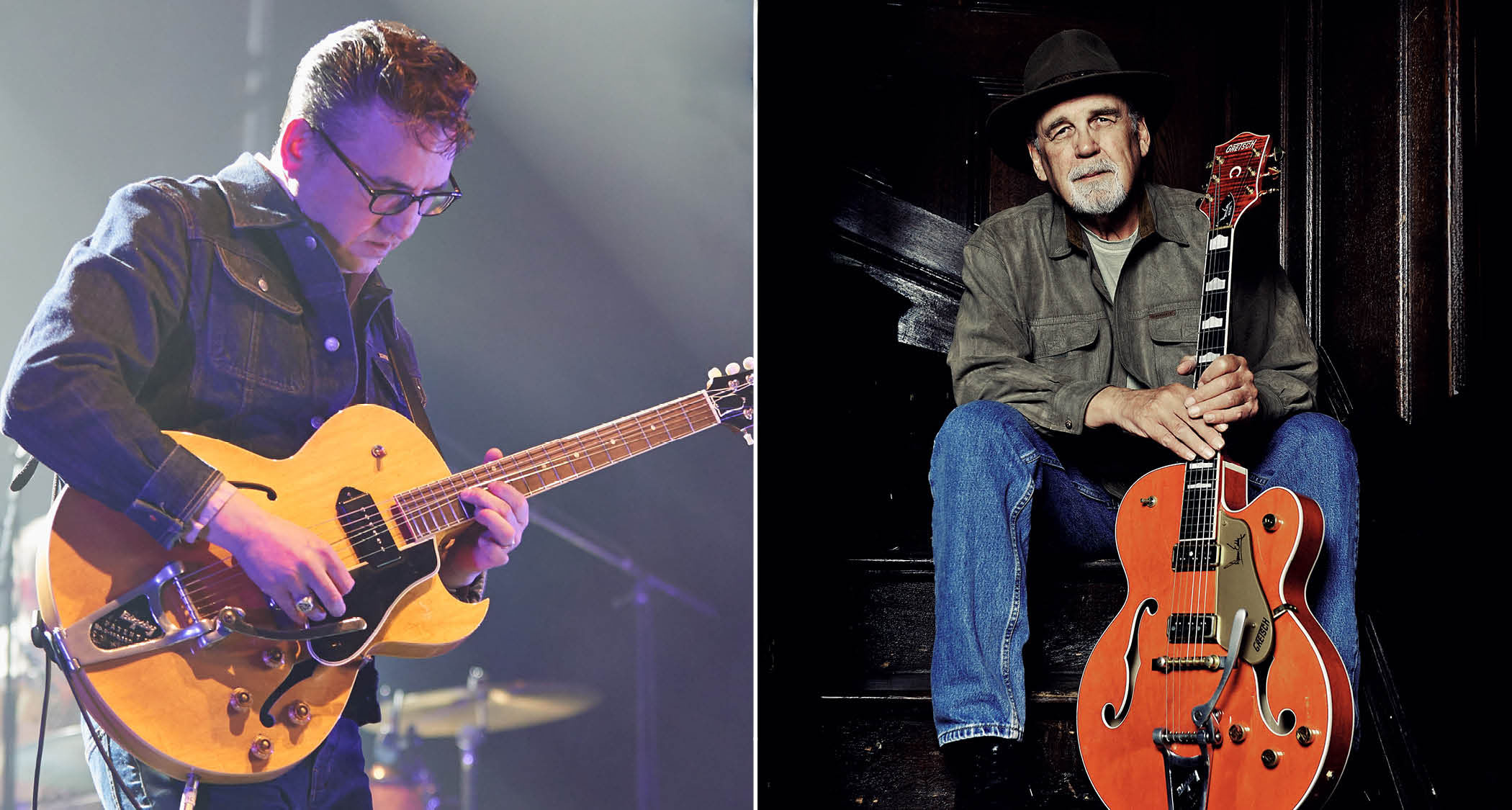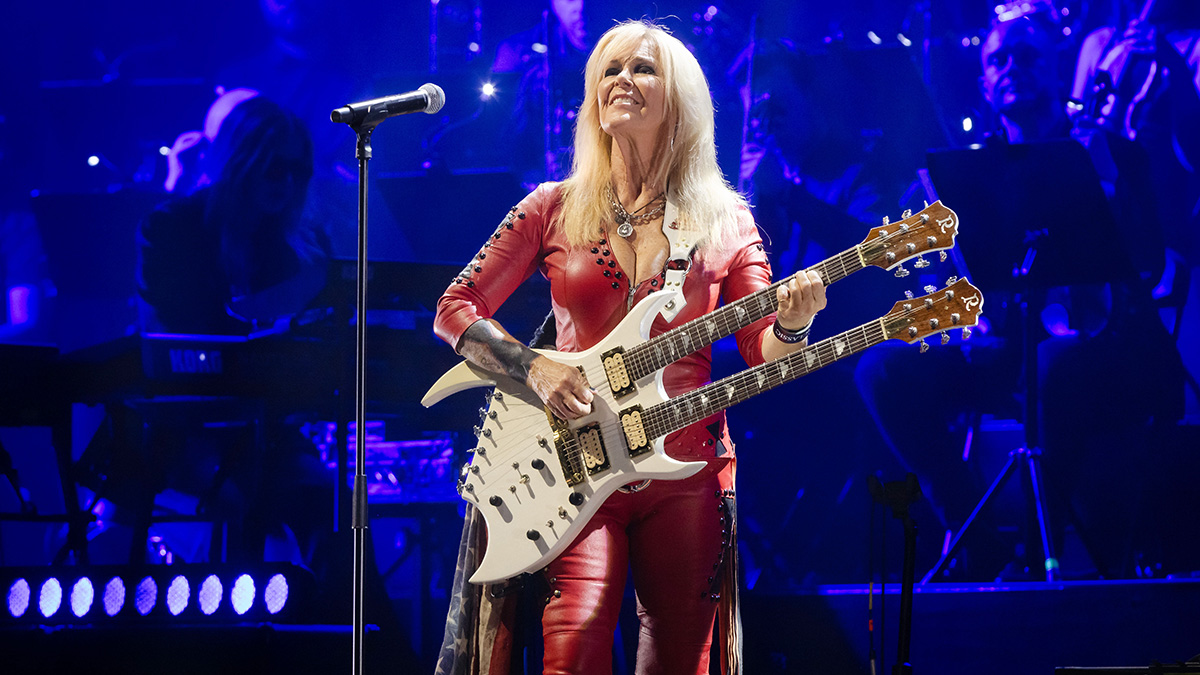“He had these tiny little picks and his strings were like baby hair but, when he plays, it sounds like the strings are made of bull rope. It was thunderous”: Richard Hawley remembers playing with Duane Eddy
Hawley collaborated with Eddy on the late rock 'n' roll pioneer's 2011 album, Road Trip, and it was a musical education like no other

The inimitable Duane Eddy passed away at the end of April. The first true rock 'n' roll guitar hero, he set a template that many followed, but no one sounded quite like the king of twang.
One musician who knew him better than most was Richard Hawley. The patronage and friendship of the UK songwriter and big-body Gretsch obsessive was, in a large part, responsible for sparking Eddy’s creative and critical renaissance in the 2010s.
The record they made together, 2011’s Road Trip, was in some ways the last great surprise of an astonishing 70-year career that was marked with unpredictable and enthralling twists and turns.
Hawley, recently told Guitarist about the impact the experience had on him...
“The album I worked on with Duane, I’m so proud of that and will be until the minute I die. There was no budget, no-one got paid – we all did it because of love. We all stepped up to the plate, and it took 13 days and everybody chipped in. We all just piled in with all our creative powers to help the master. And that was the first record he’d made for 25 years.
We haven’t just lost a guitar player, we’ve lost a library. His encyclopaedic knowledge of his art was phenomenal
“Think about any musician on Earth. And I’m not just talking about guitar players. I’m on about musicians, where you hear two notes and you know who it is. What a unique thing he created. Without singing a note in his entire life – what a voice.
When you actually played his rig, he had these tiny little picks and his strings were like baby hair. And you’d just think, ‘What?’ Because when he plays it sounds like the strings are made of bull rope and it’s just thunderous.
All the latest guitar news, interviews, lessons, reviews, deals and more, direct to your inbox!
“Duane was so generous with his time and knowledge. I mean, we haven’t just lost a guitar player, we’ve lost a library. No matter what track I would find – whether it was rockabilly or country or just something really odd or obscure from that era – he’d know who it was and who played on it: ‘Oh yeah, I remember going for a beer with him…’ His encyclopaedic knowledge of his art was phenomenal.”
“I’ve kept every message we exchanged over the years. I remember asking him about Sanford Clark, and he got back to me with this voluminous email. And, actually, his writing – the way that he would explain music – was beautiful. I used to nag him. I’d say to him, ‘Duane, you’ve got to write a book’.
“And without him being in any way arrogant, he said, ‘I don’t think I can fit everything that’s in my head into one book’. Just the knowledge that one human mind could contain, you know?
“What an honour to have known him. He was there at the birth of the revolution of rock ’n’ roll, when it really had teeth. When people were afraid of it. When it wasn’t just something that presidents and prime ministers could hire. When it was dangerous shit. And he was there at the very birth of that – with that fucking booming guitar.”
For more on the first rock guitar hero, read Guitar World's full tribute to Duane Eddy.
Henry Yates is a freelance journalist who has written about music for titles including The Guardian, Telegraph, NME, Classic Rock, Guitarist, Total Guitar and Metal Hammer. He is the author of Walter Trout's official biography, Rescued From Reality, a talking head on Times Radio and an interviewer who has spoken to Brian May, Jimmy Page, Ozzy Osbourne, Ronnie Wood, Dave Grohl and many more. As a guitarist with three decades' experience, he mostly plays a Fender Telecaster and Gibson Les Paul.


